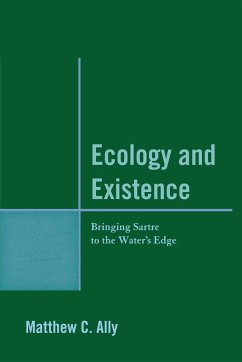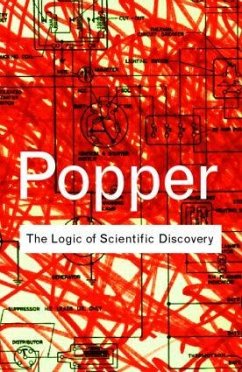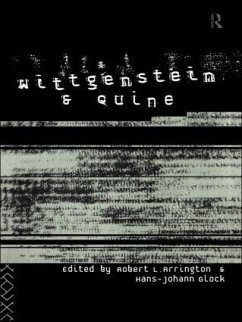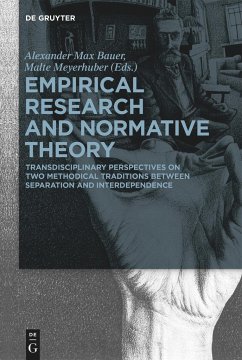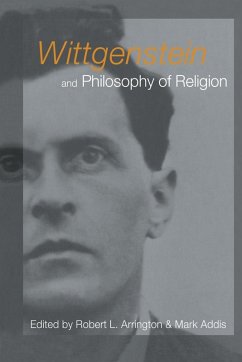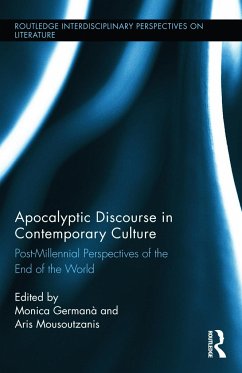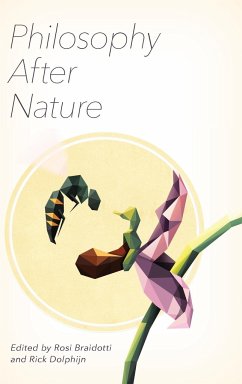Nicht lieferbar
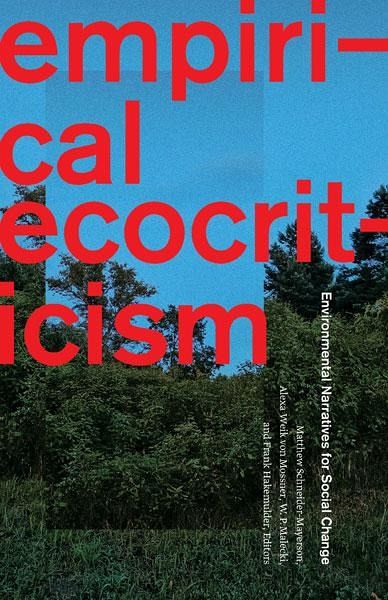
Empirical Ecocriticism
Environmental Narratives for Social Change
Herausgeber: Schneider-Mayerson, Matthew; Hakemulder, Frank; Malecki, W. P.; Weik Von Mossner, Alexa
Versandkostenfrei!
Nicht lieferbar
"Part manifesto, part toolkit, part proof of concept, and part dialogue, Empirical Ecocriticism studies the influence of environmental stories on our affects, attitudes, and actions. The contributors leverage case studies on topics ranging from the impact of climate fiction on readers' willingness to engage in activism to the political empowerment that results from participating in environmental theater, ultimately pointing toward a novel and fruitful synthesis of the environmental humanities and social sciences"--




